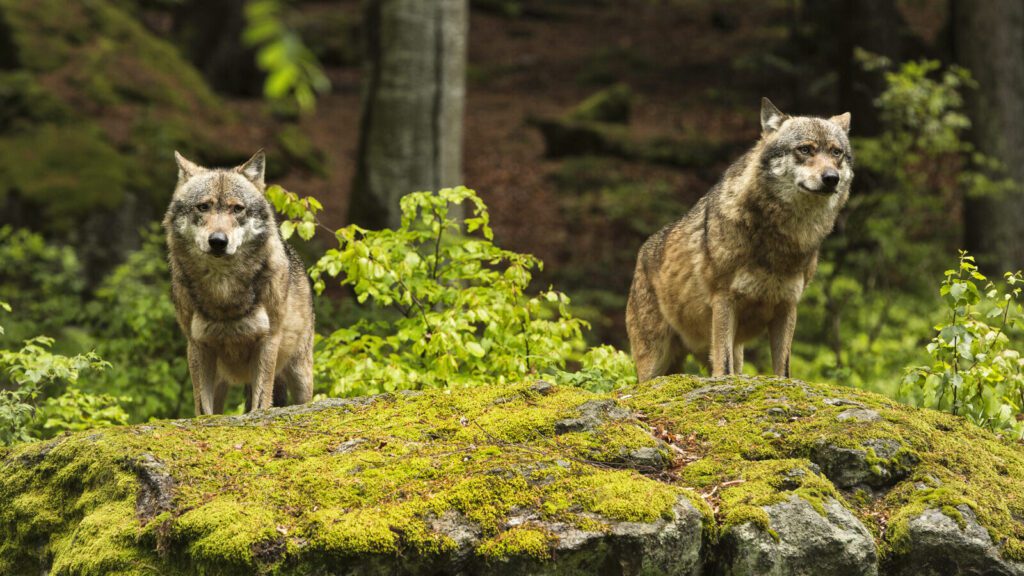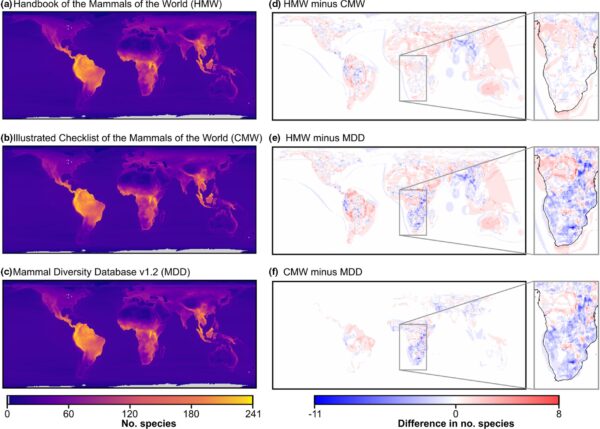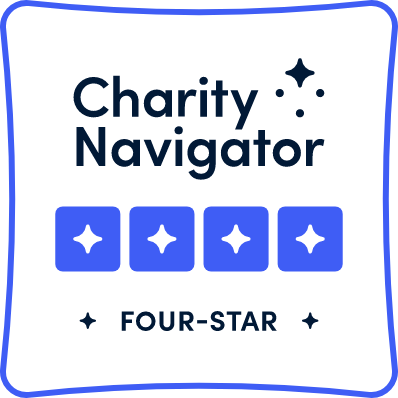

Comprehensive, global information on species’ occurrences is an essential biodiversity variable and central to a range of applications in ecology, evolution, biogeography and conservation. The Half-Earth Project Map which identifies the areas to protect to a sufficient number of species worldwide to preserve global biodiversity relies on expert range maps. Such maps often represent a species’ only available distributional information and play an increasing role in conservation assessments and macroecology.
Walter Jetz, PhD, Professor of Ecology and Evolutionary Biology and of Forestry and Environmental Studies at Yale University, and Half-Earth Project Science Chair is co-author with Charles J. Marsh, and Yanina V. Sica of Yale University, and several other authors, of the newly published data article in the Journal of Biogeography, Expert range maps of global mammal distributions harmonised to three taxonomic authorities.


source. Journal of Biogeography. 27 March 2022, DOI: (10.1111/jbi.14330)
More than 18,000 geo-referenced expert range maps for all mammals have become available for exploration and download on the Map of Life (MOL) website, a key source of data supporting the Half-Earth Project Map, thanks to the efforts of the MOL team and over 100 collaborators. For the past several years, this team has been working on a global compilation of all extant mammal ranges harmonised across three taxonomic authorities: the Handbook of the Mammals of the World (HMW), the Illustrated Checklist of the Mammals of the World (CMW), and the Mammals Diversity Database (MDD). This comprehensive harmonisation pinpoints where taxonomic discrepancies occur among these three databases and the IUCN, allowing researchers and conservationists to make more informed decisions about the taxonomies to which they subscribe. The Map of Life team is supported by Yale University, the E.O. Wilson Biodiversity Foundation, and funding through the NSF VertLife project (NSF DEB-1441737), among other sources.

